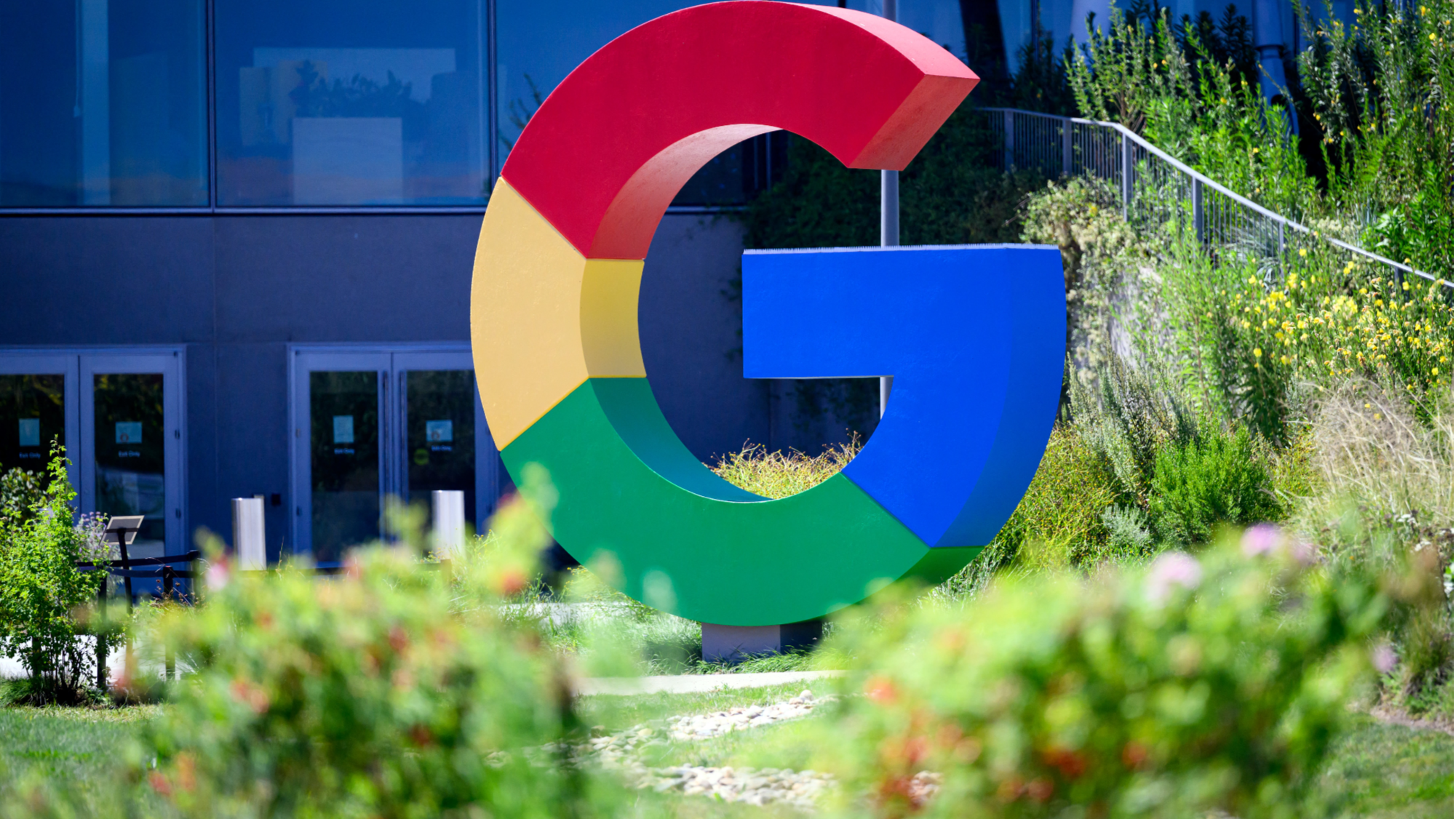
BRUSSELS - Alphabet's Google's proposed changes to its search results to comply with EU tech legislation has received the thumbs up from lobbying group Airlines for Europe whose members include Air France KLM and Lufthansa.
Google has announced a series of changes in search result formats in recent months following conflicting demands from price-comparison sites, hotels, airlines and small retailers, with the latest tweaks announced last month.
It is trying to comply with the Digital Markets Act (DMA), which prohibits it from favoring its own products and services on its platform or risk fines as much as 10 percent of its global annual turnover.
READ MORE: Google's search changes: Airlines, hotels, retailers fear being left out
"In the spirit of finding a DMA-compliant solution in a timely fashion, the airline industry has shown it is willing to compromise," Airlines for Europe said in a letter to the European Commission dated Dec 20 and seen by Reuters.
The airline group expressed support for the horizontal layout for same sized boxes for airlines and comparison sites in search results as well as the color blue to distinguish them from other elements.
But it said prices displayed in search results should be the same in the graphic as those in the boxes. It also expressed concerns about Google's proposal for a purely indicative date rather than specific dates for consumers looking to book flights.
"Characteristics such as dates are an integral part of the general search process of consumers looking for air travel and the switch to a purely indicative date will downgrade their experience significantly," the group.
READ MORE: Rivals criticize Google's search result changes, call for EU antitrust charges
Google has said it may return to an old format of 10 blue links in search results that it used years ago if its rivals - such as airlines and price comparison sites - cannot agree on its proposals to comply with the DMA and not promote its own products.


